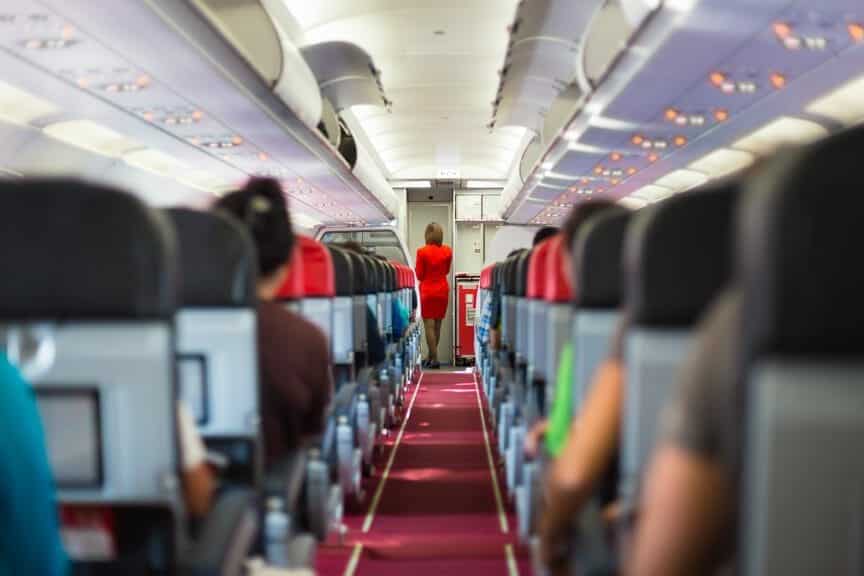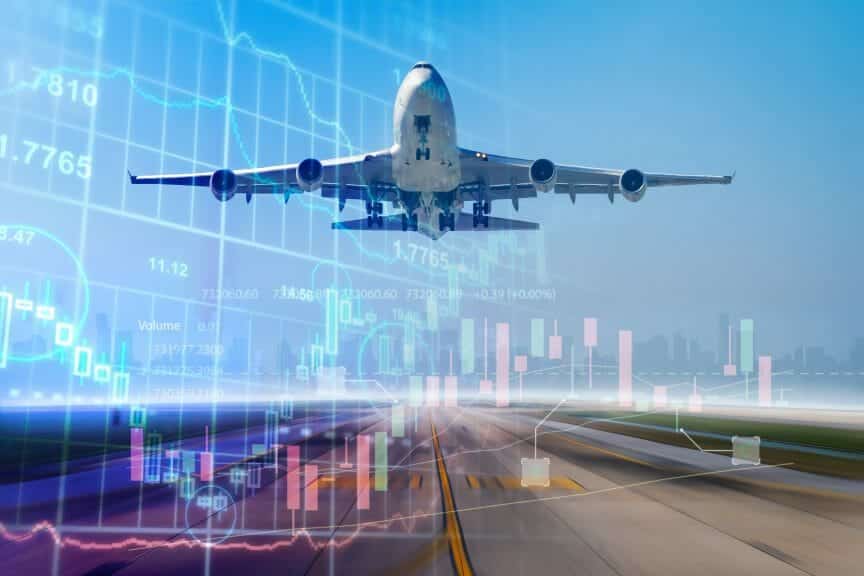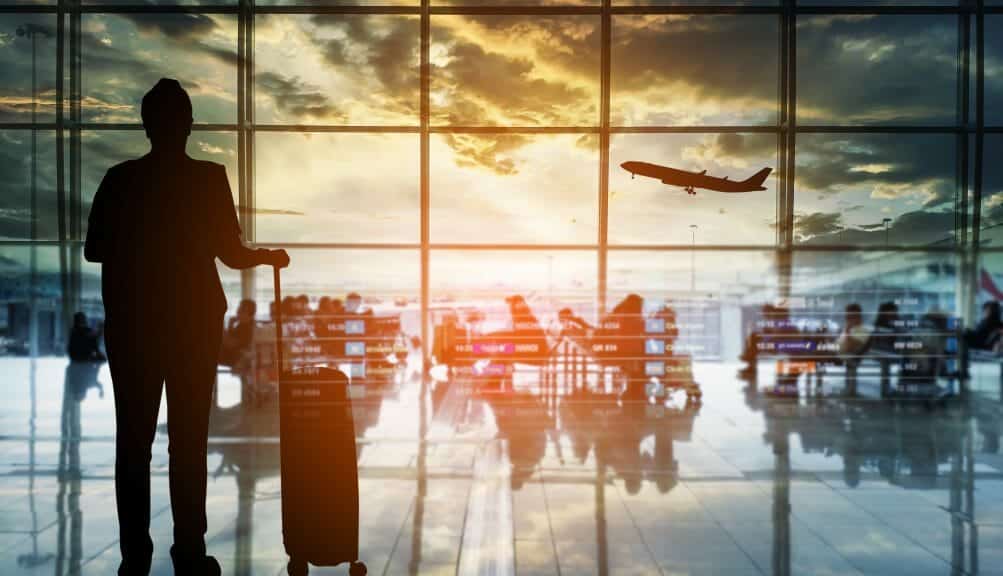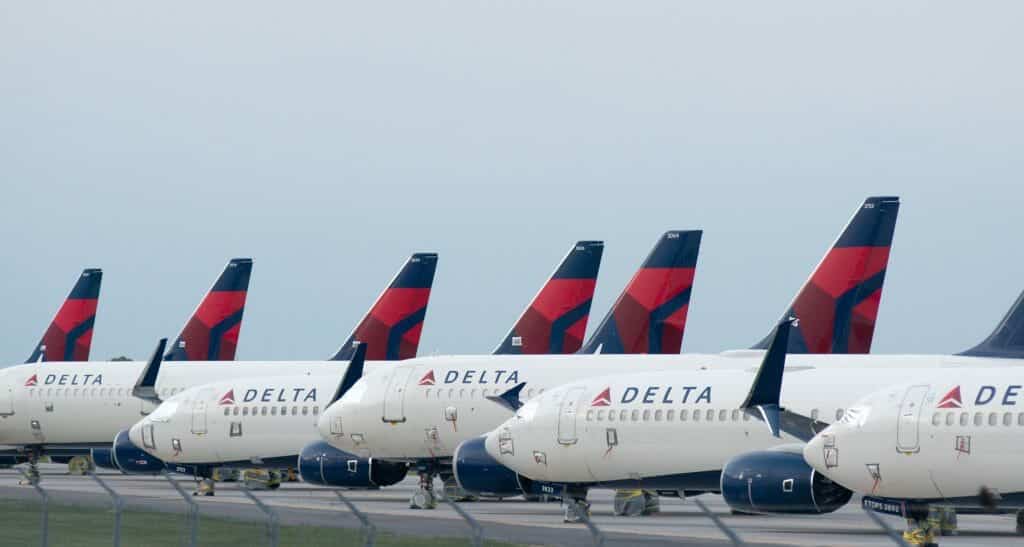Air travel, while a marvel of modern convenience, often comes with its fair share of frustrations. At the top of the list is the dreaded flight cancellation.
To truly understand the scope of this issue, we must delve into the reasons behind these cancellations, the intricate workings of the airline industry that contribute to them, the influence of capitalism, and the steps passengers can take to mitigate the impact.
Flight Cancellations: Unveiling the Why

Flight cancellations are more than mere inconveniences; they have wide-ranging consequences affecting passengers, airlines, and the entire travel ecosystem. To gain a comprehensive perspective, let’s explore why these cancellations occur:
- Weather Woes: Nature often takes the helm in flight disruptions. Severe weather conditions like thunderstorms, hurricanes, and snowstorms can render airports unsafe and flights inoperable. Airlines prioritize passenger safety, leading to cancellations or delays when adverse weather conditions prevail.
- Maintenance and Technical Glitches: Aircraft are complex machines requiring meticulous maintenance for safety and efficiency. Routine checks are indispensable, and if an issue is detected, flights may be canceled until the problem is resolved. Airlines favor cancellations over risking passenger safety.
- Crew Availability: Airlines must ensure a well-rested and adequately trained crew is available for each flight. If scheduling conflicts or last-minute issues with crew availability arise, cancellations or delays may occur.
- Operational Constraints: Overbooking, runway congestion, and air traffic control restrictions can also cause flight cancellations. Airlines sometimes overbook flights to maximize revenue, but when more passengers show up than available seats, disruptions occur. Runway congestion and air traffic control limitations can lead to delays and, ultimately, cancellations.
- Economic Considerations: Airlines may cancel flights due to economic factors, such as low demand on particular routes. In such cases, airlines may consolidate flights to minimize losses.
- Global Events: Extraordinary circumstances, like the COVID-19 pandemic, can lead to widespread flight cancellations. Lockdowns, travel restrictions, and reduced passenger demand have had a devastating impact on the aviation industry, resulting in countless cancellations.
The Inner Workings of Airlines and Flight Cancellations

Behind the scenes, airlines operate within a complex and fiercely competitive environment. Understanding how airline operations contribute to cancellations and what these cancellations signify for both passengers and the industry at large is crucial.
- Complex Scheduling: Airlines meticulously craft flight schedules to optimize efficiency and profitability. This intricate planning factors in aircraft availability, crew schedules, and passenger demand. Any disruptions to these elements can lead to cancellations.
- Ripple Effects: Flight cancellations often have a ripple effect. A single cancellation can trigger delays and more cancellations, leading to chaos within an airline’s operations.
- Economic Impact: Flight cancellations can lead to significant financial losses for airlines. Refunding passengers or rebooking them on other flights, coupled with the loss of revenue from empty seats, can be costly. Airlines may also incur additional expenses by accommodating stranded passengers in hotels and providing meals.
- Reputation Damage: Beyond financial consequences, cancellations can tarnish an airline’s reputation. Passengers who experience cancellations due to airline errors or mismanagement are unlikely to choose that airline again.
- Legal Obligations: Depending on the airline’s country of operation, they may be legally obligated to compensate passengers for cancellations caused by factors within their control, such as crew availability or technical issues.
Capitalism’s Role in Airline Operations and Flight Cancellations

Capitalism, with its emphasis on profit maximization, significantly shapes the aviation industry. Airlines are profit-driven entities, and this pursuit of profit can influence decisions impacting cancellations. No “passenger shaming” here!
- Cost-Cutting Measures: To remain competitive and profitable, airlines often implement cost-cutting measures. These measures may include reducing staffing levels, outsourcing services, and deferring maintenance. While such actions can boost profitability, they can also increase the risk of cancellations due to crew shortages or technical issues.
- Overbooking for Profit: Overbooking is a common practice in the airline industry driven by capitalism. Airlines intentionally oversell flights, betting on the assumption that some passengers won’t show up. However, when this practice backfires, it can lead to cancellations and passenger dissatisfaction.
- Route Optimization: Airlines frequently adjust their routes and schedules to maximize profitability. This can result in cancellations on routes with low demand, inconveniencing passengers who had already booked.
- Cost-Pressure: The fierce competition in the airline industry exerts immense pressure on carriers to cut costs. This pressure can lead to decisions that compromise safety and maintenance standards, potentially resulting in cancellations when issues arise.
What Passengers Can Do About It

While passengers may feel powerless in the face of flight cancellations, there are several steps they can take to alleviate the impact and advocate for their rights:
- Know Your Rights: Familiarize yourself with passenger rights and airline policies. Depending on your location and the airline’s policies, you may be entitled to compensation or assistance in case of cancellations.
- Travel Insurance: Consider purchasing travel insurance that covers trip interruptions or cancellations. This can provide financial protection if your plans are disrupted.
- Flexible Travel Plans: Be flexible with your travel plans. If possible, avoid booking tight connections or important commitments immediately after your flight.
- Stay Informed: Monitor your flight’s status regularly. Airlines often provide updates via their websites, apps, and social media.
- Advocate for Compensation: If your cancellation results from factors within the airline’s control, such as overbooking or technical issues, don’t hesitate to advocate for compensation or rebooking.
- Join a Frequent Flyer Program: Airlines may prioritize rebooking and assistance for members of their frequent flyer programs. Consider joining one to access additional support during disruptions.
- Contact Regulatory Authorities: If you believe your rights have been violated, contact the relevant aviation regulatory authority or ombudsman for assistance.
Now What?
Flight cancellations can be a complex and frustrating aspect of air travel, influenced by a multitude of factors, including weather, maintenance, crew availability, and economic considerations. The interplay between capitalism and airline operations further complicates the issue.
However, passengers are not entirely powerless when faced with cancellations. By understanding their rights, purchasing travel insurance, and staying informed, travelers can navigate the turbulent skies of air travel more effectively and hold airlines accountable for their actions.
Ultimately, a combination of industry responsibility, government regulation, and informed passengers can work together to reduce the frequency and impact of flight cancellations, making air travel a more reliable and enjoyable experience for all.














